Breaking Down The Daybreak Breakdown
I've been wondering for a while just how Sony Online Entertainment is doing, from a financial standpoint. Obviously, before this week, the talk was mostly good – that's what companies are supposed to do, make you think everything's fine – but when the rubber hits the road, or when money is on the line, then someone's true colors come shining through. If you look at things in that light, Daybreak's spate of departures aren't all really all that surprising.
While it hasn't been one of those perpetually unstable places to work, that hires people on for a big project and then cuts them immediately after it's done, SOE was never shy about cutting underperforming products and the teams associated with them. Whether it was the four games it dropped in 2014, or older titles like The Agency, Star Wars: Galaxies, or The Matrix Online, we still need the occasional reminder that, fun as they are, MMOs are still a business, and they need to provide a return on their significant investment. That's true whether it's a technology company (Sony) or an investment firm (Columbus Nova) calling the shots.
With that in mind, let's take a look at Daybreak's major properties, where they appear to be at, and how they were affected by this week's moves. Note that I'll be addressing these moves from a detached, businesslike standpoint; in no way are they meant to represent any opinions regarding the affected employees or their capabilities.
EverQuest: The EQ team was hit the hardest, losing 12 employees as of this writing. Half of those were dedicated to EverQuest II, and the company also let go EQ lead Dave Georgeson and a few others working on Landmark/EQ Next.
But if we're going to be brutally honest, the EverQuest franchise, as it exists right now, is probably vastly oversupported for the revenue it brings in. EQ and EQ2 are shells of their former selves, and probably would have been shut down long ago if they weren't for their revered status in MMO history. At the very least, I think getting an expansion every year was a “thank you” to fans more than it was a serious profit-making enterprise, at least one that fit with a “big” company like SOE/Daybreak. Shortly before it was shut down, John Smedley said that Star Wars: Galaxies hadn't been turning a profit for some time and that it was being kept alive solely for the fans; I wouldn't be surprised to find that EQ/EQ2 are on a similar form of life support.
Where this leaves Landmark and EverQuest Next is a little murkier. In the grand scheme of things, we know it takes several hundred people to make an MMO, so the loss of a handful of employees shouldn't be catastrophic. Certainly, the effect Georgeson had as project lead was significant, but people call for the removal of MMO lead developers all the time so that the myriad of issues they have with the game will be “fixed.” We would have complained about problems with EQN if he was the lead when it launched, and we'll complain about problems with EQN now that he's not; now, we just have the easy reasoning of “Well, if Dave were still here, this wouldn't have happened” to fall back on. I'm not saying the next person in line will be better, but there's no reason to automatically assume he or she will be worse, either.
PlanetSide 2: In January, John Smedley said that “Planetside 2 only recently has turned profitable on an operating basis. When I say recently, I'm talking about a few months here.” At first, I thought that didn't sound too bad, but spending the last few days sifting through NCSoft's financial statements has me thinking differently.
Most estimates for the budget for big, AAA MMOs (apart from Star Wars: The Old Republic) are usually in the $40-$60 million range. Going with the current exchange rate for the Korean won to the American dollar, here are the first-year sales for some of NCSoft's MMOs:
City of Heroes: $34 million
Guild Wars: $43 million
Aion: $156 million
Blade & Soul: $72 million
Guild Wars 2: $209 million
And that's just one year's worth of sales – PlanetSide 2 has been out for over two years.
Obviously, there are operating costs that continue after development, and maybe some of PS2's costs include development of the Forgelight engine, but I'm now wondering if taking two years to turn a profit isn't exactly the greatest sign, and might have helped contribute to the seven layoffs in that division. (Creative Director Matt Higby announced his resignation Thursday.)
H1Z1: H1Z1 is still probably too new to make any kind of financial predictions for, and it's entirely possible that the three people let go were of the “no longer needed now that it's sorta-launched” variety. Still, I might expect the game to have a shorter leash than we've seen in the past.
DC Universe Online: DCUO is often touted as one of the quietest MMO success stories out there, being extremely profitable on the PlayStation 3, and I wouldn't be surprised if it's Daybreak's #1 moneymaker at this time. As such, only one person, Producer Ellen Andersen, was let go from the team.
So, overall, you have two franchises that might be struggling, one that's too new to tell, and one that's doing quite well. Taken in that light, it's not too surprising to see these moves made, though they're obviously still heartbreaking to those affected by them.
SOE was always a business, and if Columbus Nova hadn't acquired them, these moves probably still would have been in the offing before too long. They'd done it before, and they'd do it again. I think that's less a case of “The video game industry is an awful place to work” and more standard, though difficult, business decisions that any company has to make every now and then.
As for how it bodes for the future of the company and its games as a whole, I think, as I said regarding H1Z1, that the leash will be a bit shorter for underperforming and generally unprofitable games. That's almost certainly true of EQ and EQ2, and might be for PS2 and the not-yet-fully-launched Landmark. That said, Daybreak is clearly aware of the negativity that comes with shutting down a game and I think they'll only do that as an absolute last resort.
Whether these games continue to develop at the pace we're accustomed to might be more in doubt. In researching NCSoft's games, I found it surprising that Guild Wars was still active, given its likely very low profit margin. But that game was shifted into “maintenance mode” a while ago, receiving no new updates and only the occasional special events. That might be the future of venerable franchises like EverQuest and EverQuest II: just enough manpower to keep it up and running, and that's it. It's not an expansion every year, but it's a lot better than what happened to games like Star Wars: Galaxies.
Related Articles
About the Author

Jason Winter is a veteran gaming journalist, he brings a wide range of experience to MMOBomb, including two years with Beckett Media where he served as the editor of the leading gaming magazine Massive Online Gamer. He has also written professionally for several gaming websites.
More Stories by Jason WinterRead Next

Apparently, February 9 is National Pizza Day.
You May Enjoy

And the bike has only gotten cooler.

What happens when players need to interact in (mostly) solo-player games.

It’s not all Overwatch and CoD.
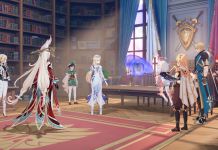
I don’t think he brought back the horses.
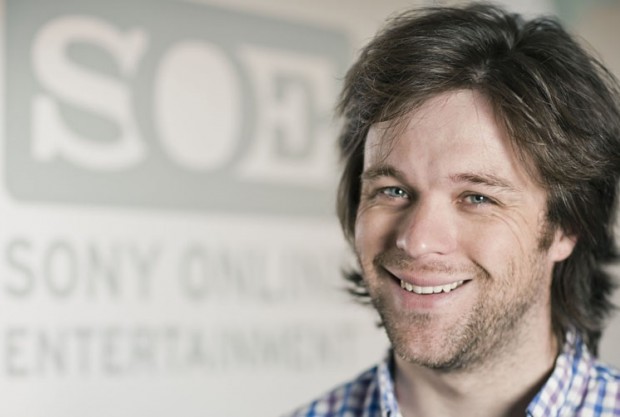
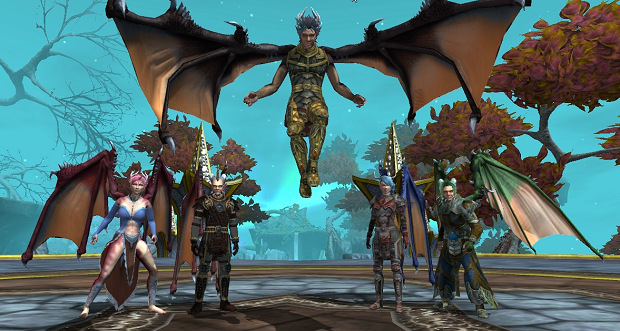
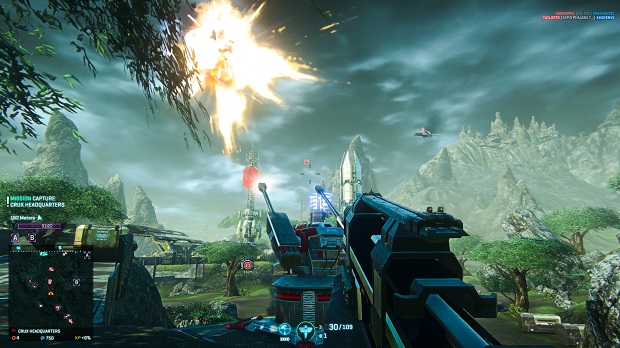
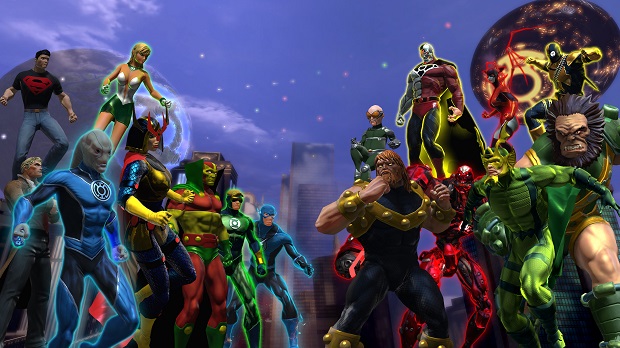
Honestly, I doubt Planetside 2 will last more than the year under it's new management. I'd hate to be right after all the time I've spent on Auraxis - but the signs have been pointing that way for over a year now.
It just goes to show that much more money could be made if they would only break away from the current over used mmo architecture and no im not suggesting gw2 clones >_>
Nice write up thanks.